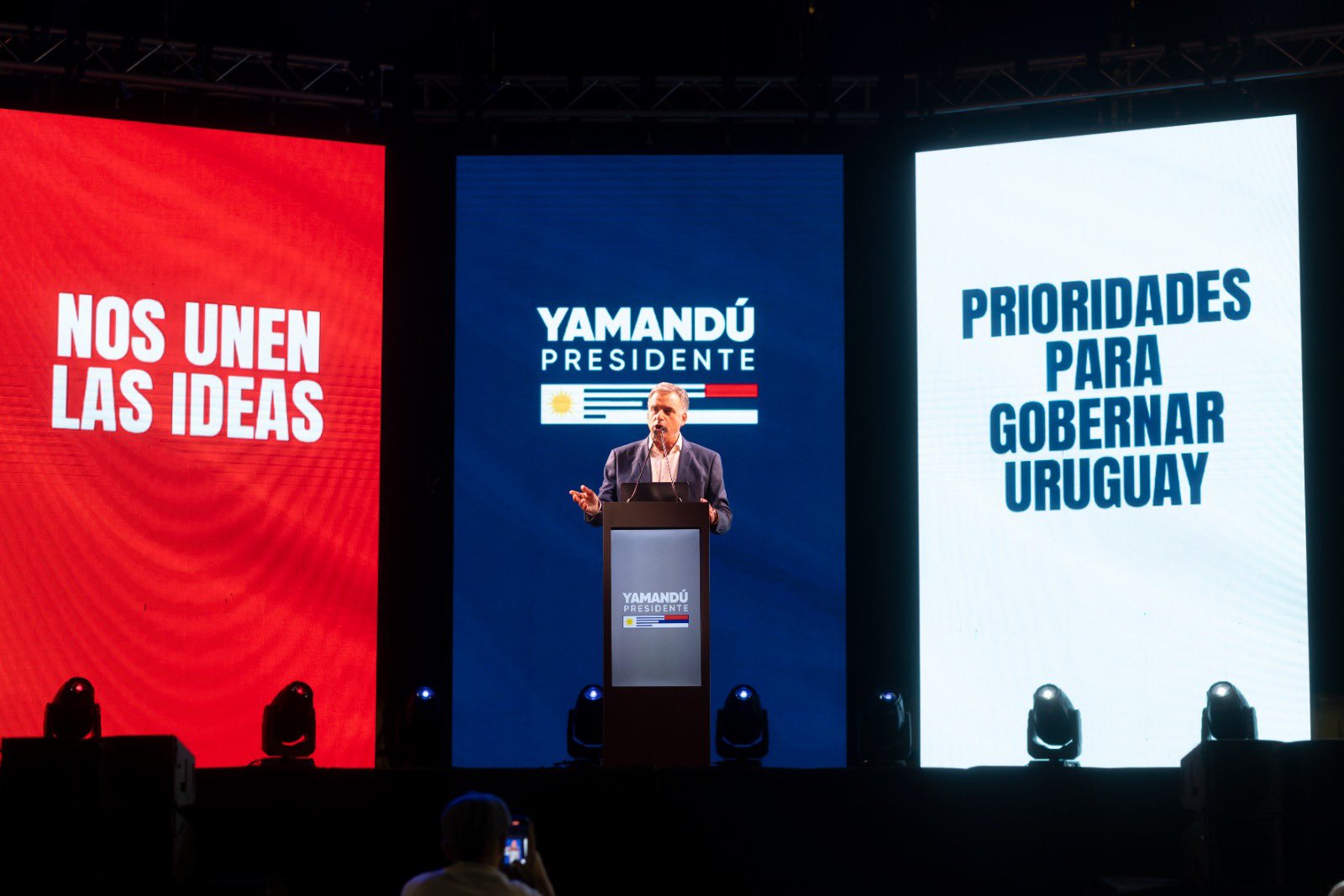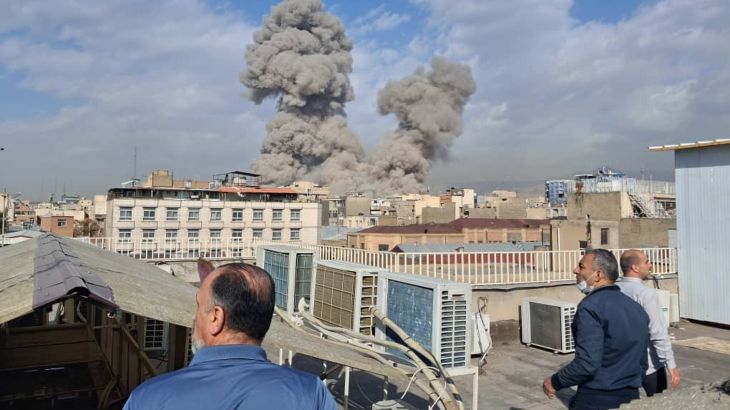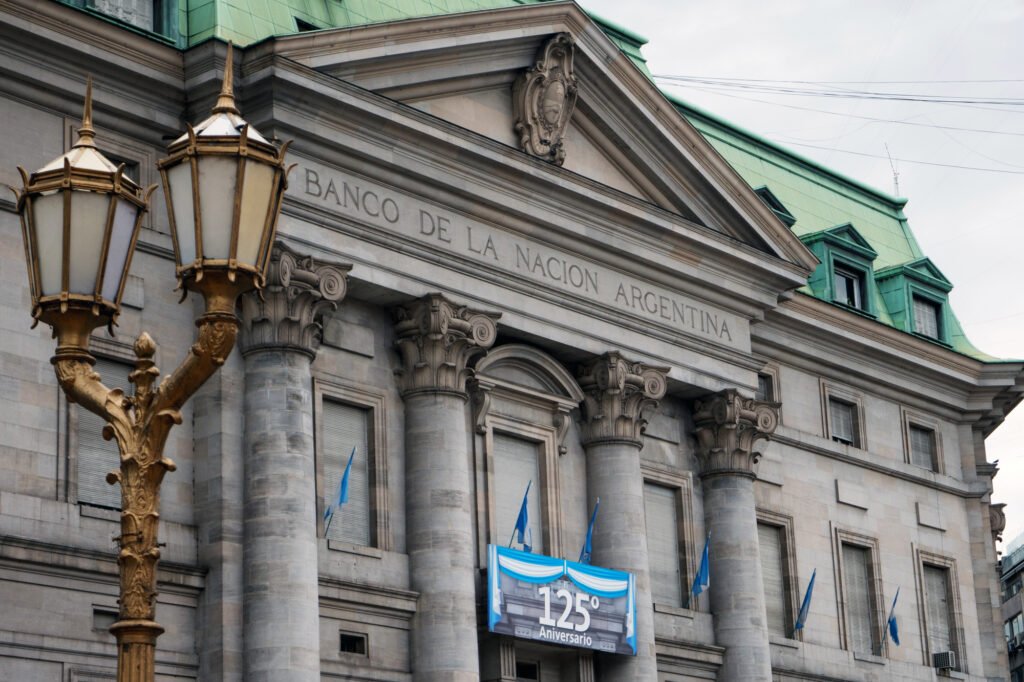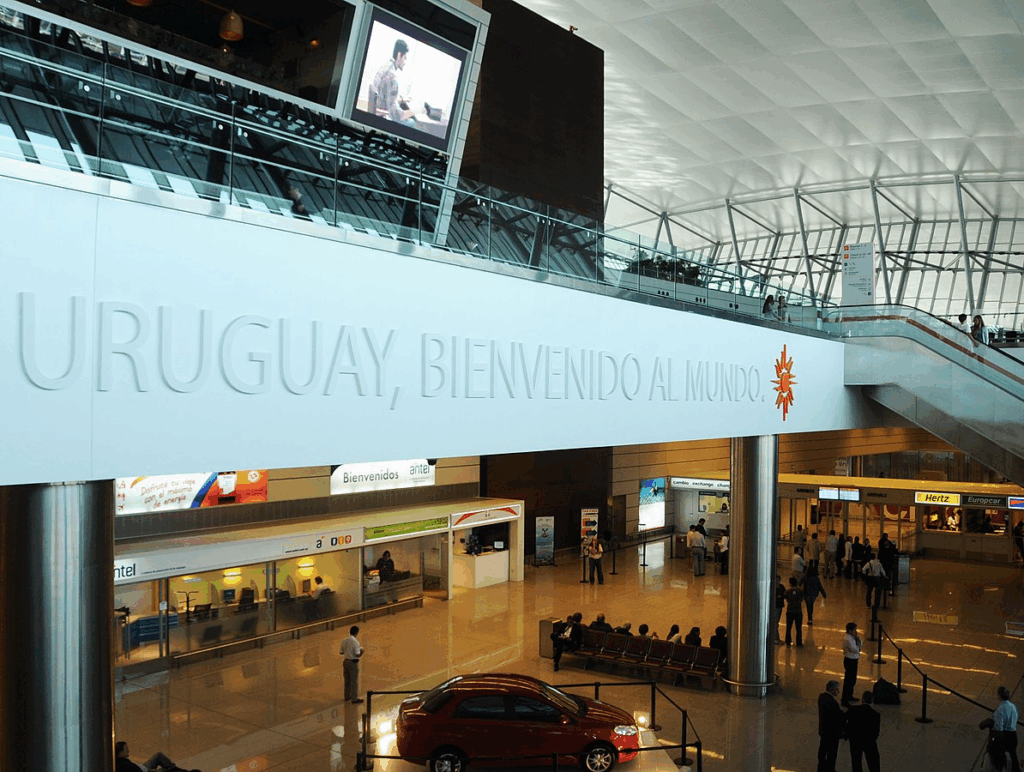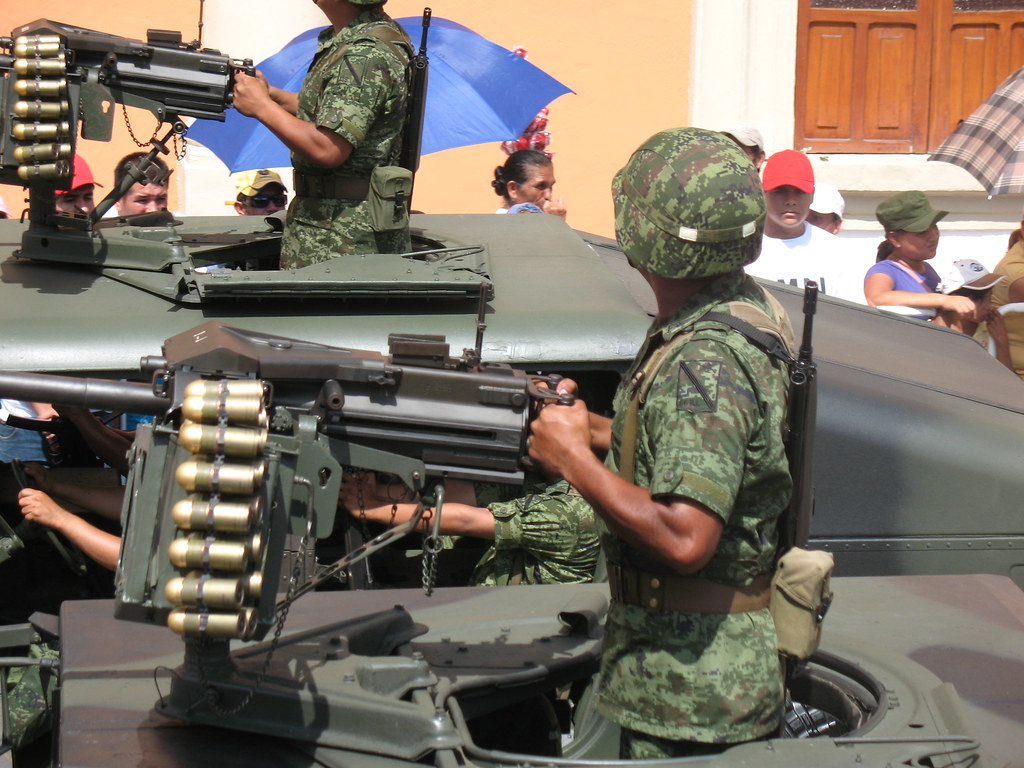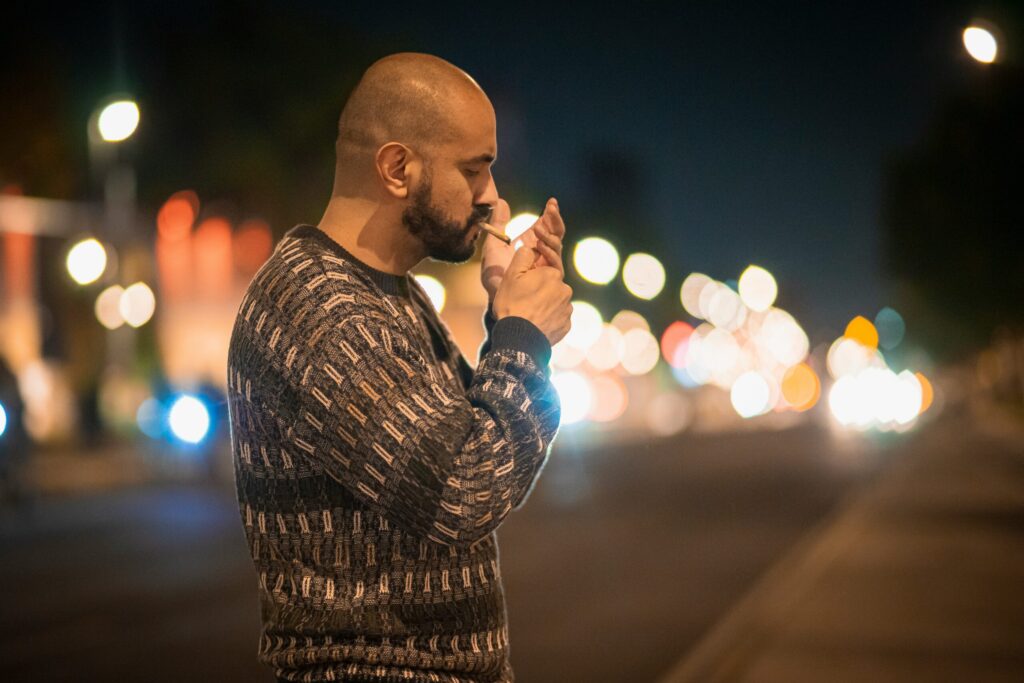Yamandú Orsi, the presidential candidate for Uruguay’s left-wing Broad Front (Frente Amplio) political party, has described Venezuelan President Nicolás Maduro’s government as an “authoritarian regime” and called the political situation in the country “indefensible.”
The opposition candidate added that, if he had to pick between describing Venezuela as a dictatorship or a democracy, he would “of course” describe it as a dictatorship, but clarified that “in order to truly understand it, we must be very precise in analyzing what the central characteristic of that authoritarian regime is, in order to see what the solution could be,” according to newspaper El País.
Orsi has previously been criticized for his failure to explicitly label Maduro’s government a dictatorship. In March, he accused Maduro of “cheating” by prohibiting his opponents from running.
The comments sparked condemnation from the ruling National Party’s presidential candidate, Alvaro Delgado. “Why does the Broad Front find it so difficult to define Venezuela as a dictatorship? What deal do they have with Maduro?,” he asked. “It is not only ‘cheating.’ When there are no open elections, it is a dictatorship, in any part of the world.”
Adolfo Garcé, a political scientist from the University of the Republic in Montevideo, told Latin America Reports that Orsi’s “ambiguity” about Maduro’s regime can be attributed to the “ideological contradictions” that exist in the Uruguayan left wing, particularly in the Broad Front.
He explained that “very different visions” have “coexisted and competed” on the Uruguayan left, with Broad Front members ranging from centrists to those who are staunchly anti-capitalist. Thus, Orsi “must constantly balance between voters and activists with different visions on relevant issues.”
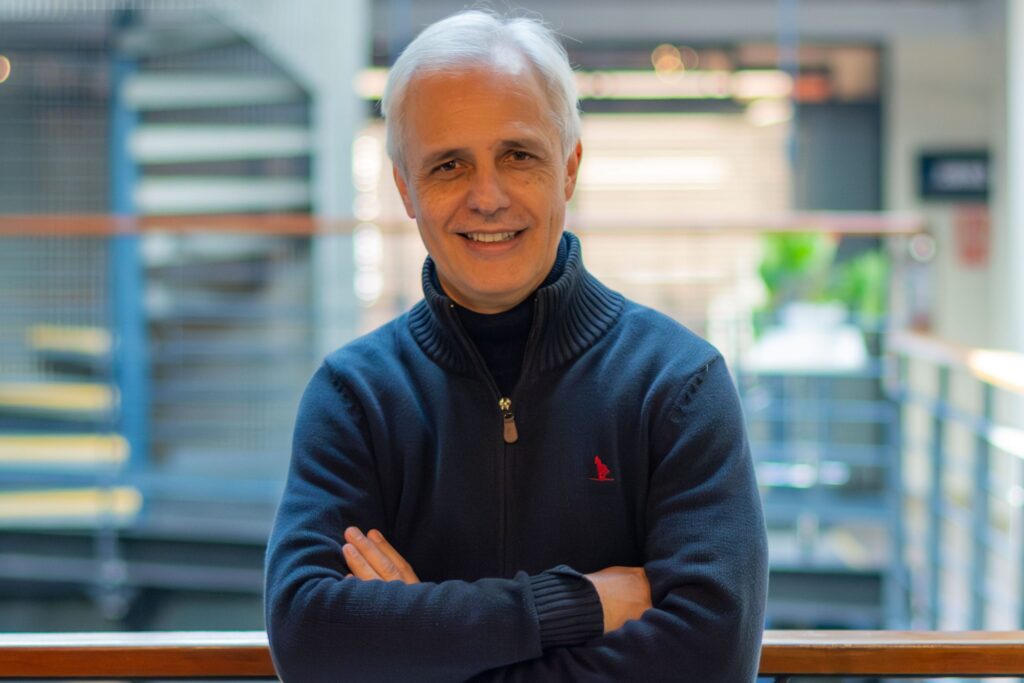
Garcé added that another reason for which Orsi is reluctant to explicitly label Venezuela a dictatorship is that the government of Maduro’s predecessor, Hugo Chávez, was “generous” towards the Broad Front while it was in power. Chavéz had a “very good relationship” with former Broad Front presidents Tabaré Vázquez and José Mujica.
Maduro’s claim that he won the July 28 election has been rejected by various leaders, with 10 Latin American governments and the United States publishing a statement in late July which demanded an “impartial and independent audit” of the vote.
Among the Latin American leaders not to sign the statement were the left-wing presidents of Brazil, Colombia, and Mexico. They have, however, said that they will not recognize Maduro’s re-election unless they see detailed voting tallies.
Regardless, both Mexican President Andrés Manuel López Obrador and Brazilian President Luiz Inácio Lula da Silva have been subject to criticism for their perceived failures to condemn Maduro’s regime. In July, López Obrador claimed there was no “proof” or “evidence” of electoral fraud in Venezuela, while Lula described Maduro in August as leading “a very unpleasant regime,” though said it was “different” to a dictatorship.


